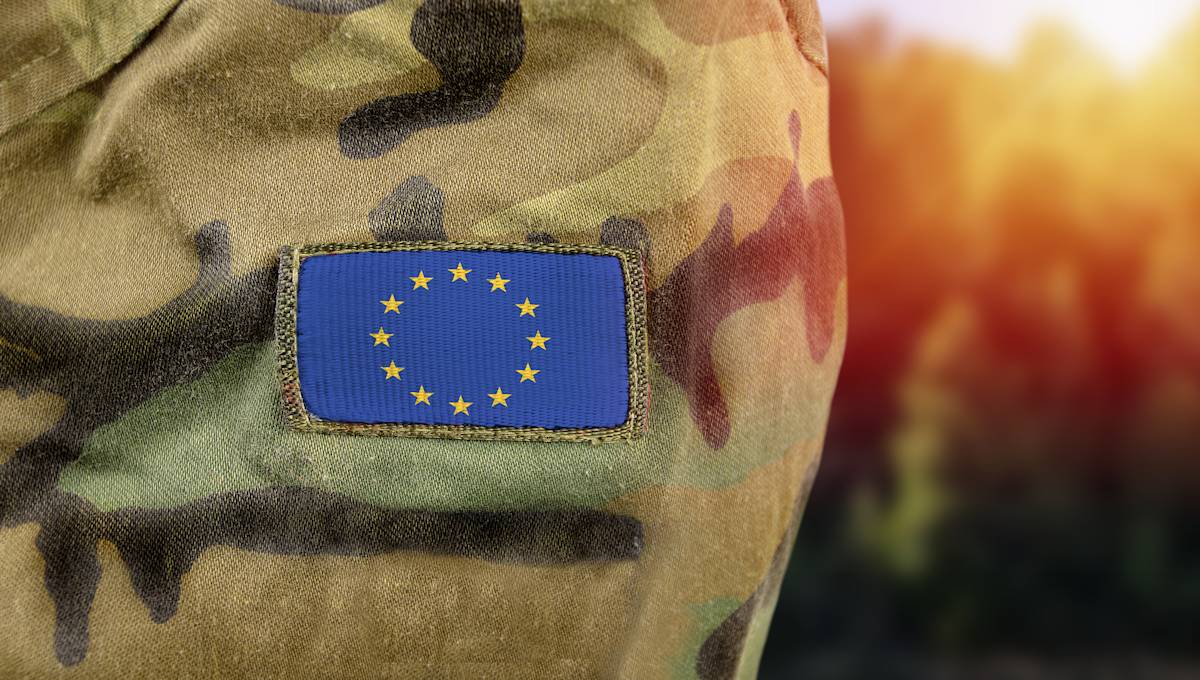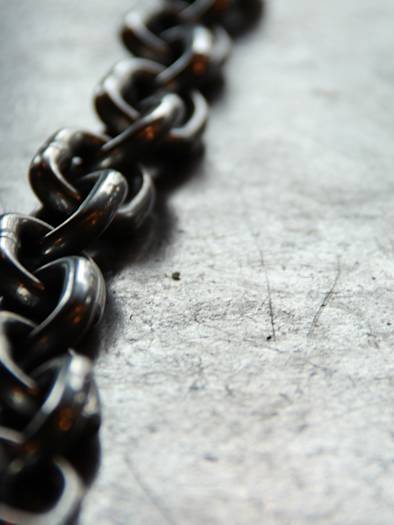
Casting votes, crafting shields: Defence takes centre stage in the future of Europe
As citizens cast their ballots this weekend, Europe faces a pivotal moment in time.
European Parliament elections transcend domestic policies and national agendas: they represent a defining moment for European integration and for the integrity of the European project.
And in a world characterised by volatility and evolving threats, they could also be an opportunity to empower a more resilient, secure, and self-reliant EU.
A unified voice in defence and security
According to a recent Eurobarometer survey, defence and security are among the top priorities for European voters. They will likely be among the “hot topics” of the next legislature, just like the Green Deal was for the current one. If the EU aspires to have a global impact, similar to the influence it exerts through legislation and regulatory models in areas such as climate change and consumer protection, and it wishes to shape fairer trade relations and cooperation in the world, it must also have a unified voice on matters of war and peace.
For decades, the EU has championed peace and prosperity. It has established a common market, a single currency, and a unified voice on global issues. But in the realm of common foreign and security policy – one of the three cornerstones of European integration – its approach remains fragmented.
It is not sufficient to attend international conferences and urge others to adapt to European standards. When it comes to threats at the EU borders, most countries are too small to fend for themselves. The responsibility for the EU’s security and defence cannot be relegated entirely to individual Member States. This extends to other domains such as cybersecurity, communications, and energy. Asymmetric, hybrid and cyber warfare are modern security challenges that defy borders, requiring a collective response.
This is a sensitive issue as it pertains to hard security and willingness to fight if needed, which is intrinsically linked to the sovereignty of a nation. The EU’s disjointed strategy has exposed vulnerabilities that it can no longer afford.
Europe in a multipolar world
The "ring of fire" encircling Europe – from the conflict in Ukraine to the frequent provocations on the Russian and Belarusian borders, to the instability in the Middle East and North Africa, coupled with Chinese rivalry on trade, hybrid threats and Sino-Russian pursuits to change the international rule-based order – highlights the imperative for a common security and defence framework.
The EU’s relationship with the United States remains a cornerstone of its security. However, Europe cannot solely rely on American support. Regardless of the outcome of the US elections, there is dissatisfaction in Washington about European NATO members not paying their share due, and the divergence in security priorities between the US and the EU. The potential for shifting political landscapes in the US could only change the speed at which European self-sufficiency will become imperative.
The need for coordinated spending
The current system also creates inefficiencies in collective resources. The combined European defence spending amounted to €240 billion in 2022, a figure that is rapidly growing. Yet, due to a lack of coordination and standardisation, EU countries are not maximising the impact of these investments.
A disjointed approach to types of equipment, armament, and structures makes for badly organised logistics and lost synergies. Moreover, the injection of European tax money into defence efforts should help create opportunities for a stronger European defence industry. We can expect greater use of joint procurement, a prerequisite to streamline efforts, promote efficiency, and foster a stronger European defence industry.
Substantial investments in European defence research and innovation will underpin both the industrial competitiveness and the resilience needed to face future challenges. In other words, Europe can develop a shared internal defence market. An example of this is the first-ever European defence industrial strategy presented by the European Commission earlier this year.
Defence and security through broad collaboration
As Europe prepares to embrace a fundamental shift in its approach to security, policymakers will need to collaborate with a broad spectrum of stakeholders. Creating a strong and secure Europe requires a holistic approach across public and private sectors. The defence industry, civil society, local authorities, businesses, and other stakeholders can contribute in their own ways: from securing strategic resources to bolstering cyber defences to scaling up defence industrial capacities and contributing to efficient legislation.
A common European defence is not a path to war, but a path to peace through strength and preparedness. By casting votes, European citizens are going to craft a shield that will ensure their collective security. The thickness of the shield hinges on this weekend's outcome.







